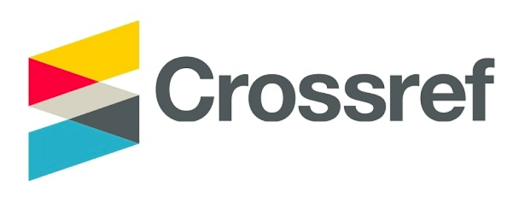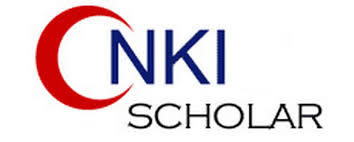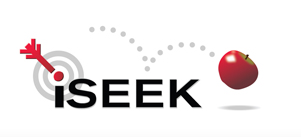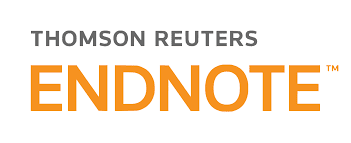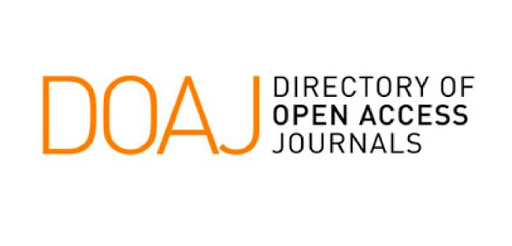Paper ID : SMJ1307215507317 | View : 2

Abstract : Aim of the work: The aim of this study was to assess the potential efficacy of new drug therapy of HCV in treatment of HCV arthropathy and to find out if sero-conversion is related to relief of patients symptoms. Materials and methods: Patients having chronic hepatitis C infection with arthropathy underwent thorough medical history and clinical examination. The following tests performed; C - reactive protein, erythrocyte sedimentation rate, liver function tests, HCV antibody test, polymerase chain reaction for HCV and rheumatoid factor. The included patients received the treatment of HCV in the form of dual therapy (Sofobuvir, Daclatasvir) or triple therapy (Sofobuvir, Daclatasvir and Ribavirin) for 3 months as secheduled. The patients underwent repeated clinical examination and laboratory assessment after completion of the treatment course and the achievement of sustained virological response (SVR). Results: The most frequent affected joints were the proximal inter-phalangeal (PIP) and the matacarpo-phalangeal (MCP) joint. On assessment of the patients' laboratory data before antiviral therapy and after SVR, there were statistically high significant improvement in the liver function tests, ESR and the number of RF positive cases. The joint affection frequencies showed also statistically high significant improvement. Conclusion: The current study concludes the high efficacy of the new drug therapy of HCV in treatment of HCV arthropathy, with significant reduction in

